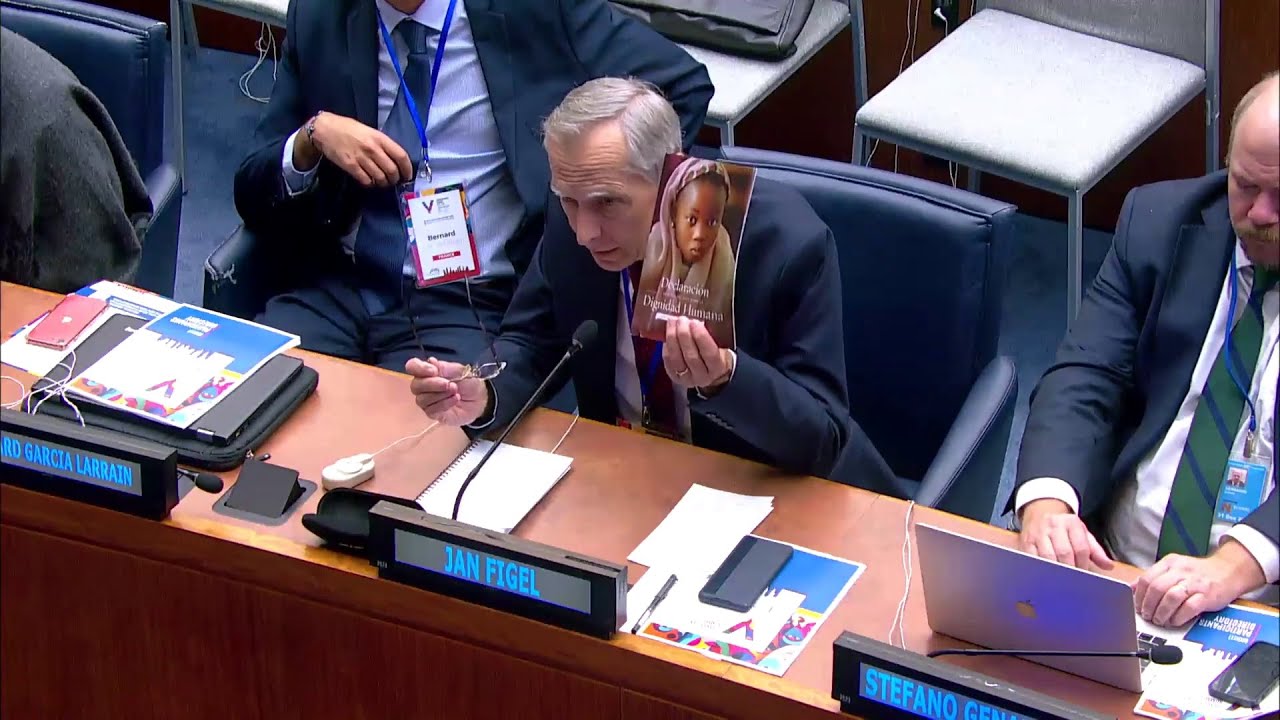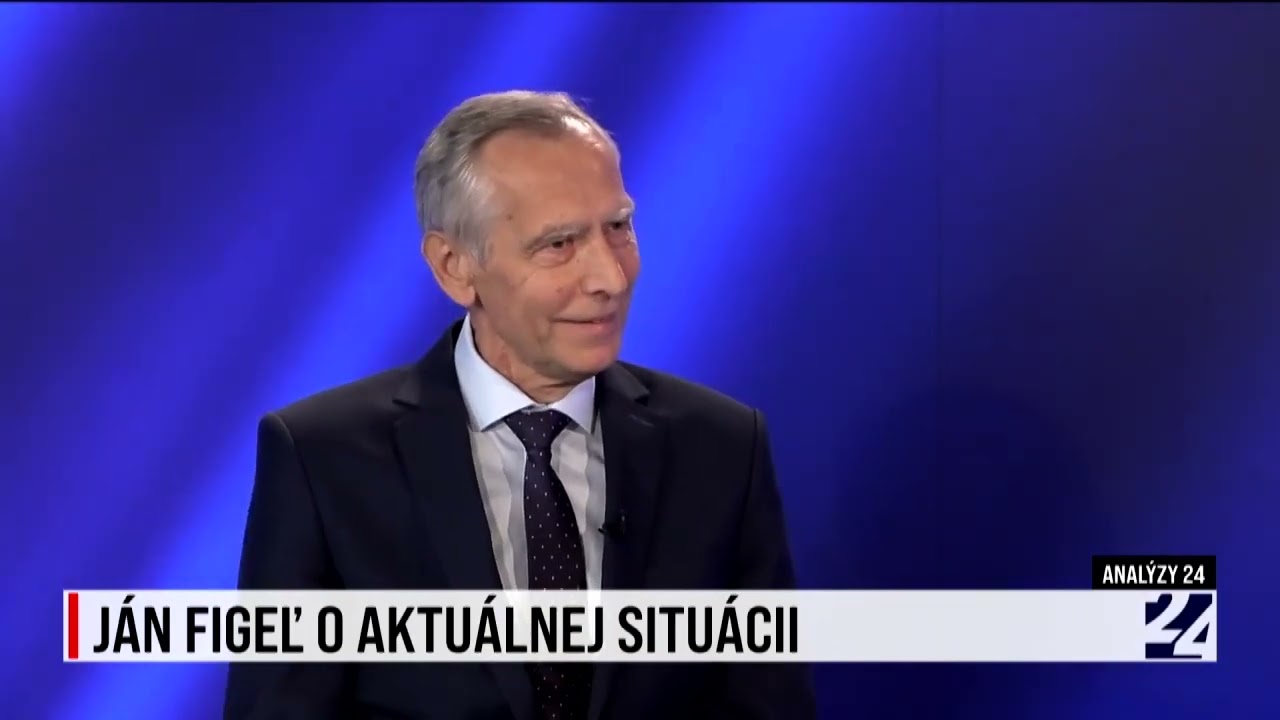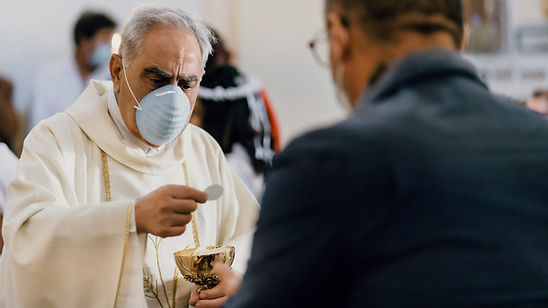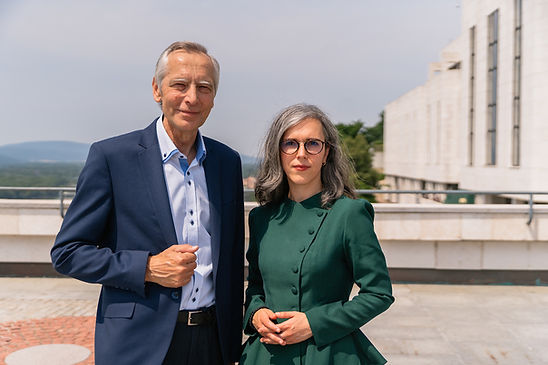Category: English
-
Ján Figeľ’s Address at the Transatlantic Summit at the UN headquarters in New York on 17 Nov 2023
Commemorating the 75th Anniversary of the Universal Declaration of Human Rights and reaffirming our commitment to it preserving life from its conception to natural death and celebrating family as the core of societies around the globe. “The Political Network for Values is a global platform for legislators and political representatives rooted in a Transatlantic dialogue
-
Ján Figeľ’s Address at the Transatlantic Summit at the UN headquarters in New York on 17 Nov 2023
Commemorating the 75th Anniversary of the Universal Declaration of Human Rights and reaffirming our commitment to it preserving life from its conception to natural death and celebrating family as the core of societies around the globe. “The Political Network for Values is a global platform for legislators and political representatives rooted in a Transatlantic dialogue
-
Former EU Envoy Raps Religious Persecution
Worrying trends: Religious persecution in Japan Excerpt from an address by Dr. Jan Figel, former European Commission Special Envoy for Promotion of Freedom of Religion outside the EU, presented by video at an information meeting on the Universal Periodic Review (UPR) process in Japan at the 42nd Session of the UPR Working Group at the UN
-
Analýzy 24 o aktuálnej politickej situácii s Jánom Figeľom (JOJ24)
V relácii Analýzy 24 sa moderátor JOJ 24 Peter Petrus venoval aktuálnym politickým témam. V prvej časti bol hosťom bývalý predseda KDH a bývalý minister dopravy Ján Figeľ.
-
Figel’ v Slovakia: Potential landmark ECtHR decision on COVID-19 related restrictions to FoRB
The COVID-19 pandemic introduced a period of unprecedented restrictions to fundamental rights, unthinkable no less than five years ago: freedom of movement, assembly, and expression, and the right to private life, among others, were all impacted. Freedom of religion or belief (FoRB) was no exception. In the name of public health, governments all around the
-
Figel’ v Slovakia: Potential landmark ECtHR decision on COVID-19 related restrictions to FoRB
The COVID-19 pandemic introduced a period of unprecedented restrictions to fundamental rights, unthinkable no less than five years ago: freedom of movement, assembly, and expression, and the right to private life, among others, were all impacted. Freedom of religion or belief (FoRB) was no exception. In the name of public health, governments all around the
-
-
Arguments submitted at Europe’s top human rights court on COVID worship ban
Strasbourg (28 July 2023) – Are blanket bans on public worship compatible with the international human right to the communal exercise of religious freedom? This is the question brought by former EU Special Envoy for Freedom of Religion or Belief, Dr. Ján Figeľ, who has filed a challenge at the European Court of Human Rights
-
-
Arguments submitted at Europe’s top human rights court on COVID worship ban
Strasbourg (28 July 2023) – Are blanket bans on public worship compatible with the international human right to the communal exercise of religious freedom? This is the question brought by former EU Special Envoy for Freedom of Religion or Belief, Dr. Ján Figeľ, who has filed a challenge at the European Court of Human Rights






